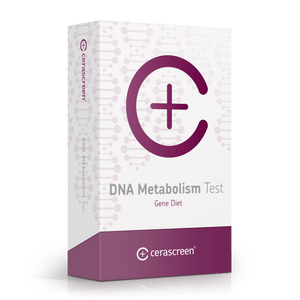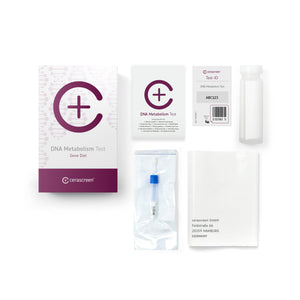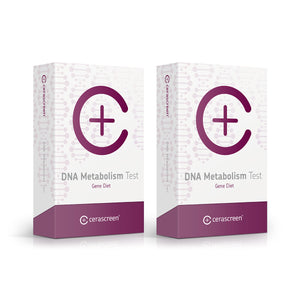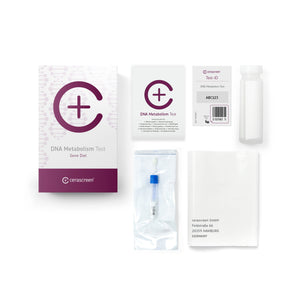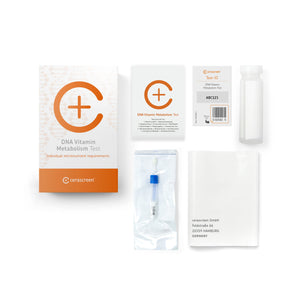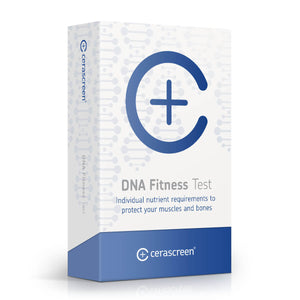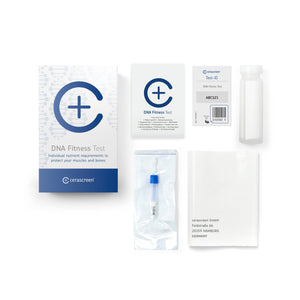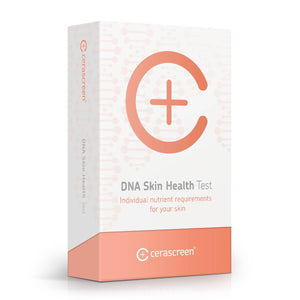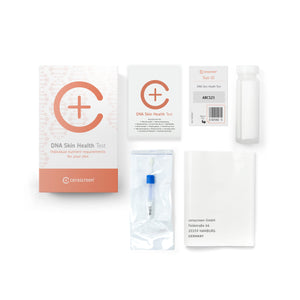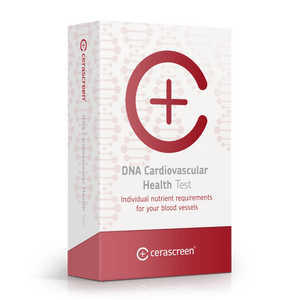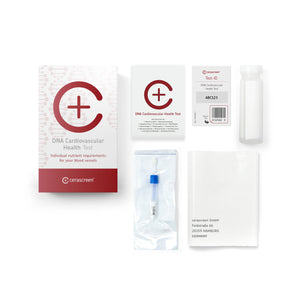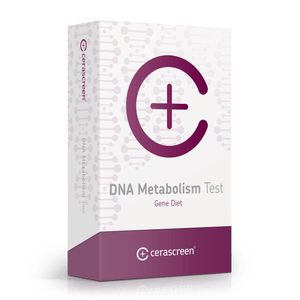Home DNA test kits
Choose categoryselftests
health-coaching
all
/blogs/health-portal
/pages/about-us
What is DNA?
DNA (deoxyribonucleic acid) is your personal genetic fingerprint – it is found in all body cells and influences how we develop. It contains our hereditary information and the many genetic predispositions that are inside us. This ranges from the colour of our hair and eyes to our metabolism and our predisposition to obesity and certain diseases.
The DNA of every human being is absolutely unique and can be used to identify people beyond doubt using DNA tests.
What a home DNA test kit tells us about our health
With home DNA test kits, laboratories can draw a large amount of information from your genes and thus, for example, determine certain predispositions and risks of disease or assign DNA characteristics to a person. This information is usually extracted from saliva tests.
There are different methods of testing DNA. One modern method is DNA sequencing. DNA sequencing involves reading and comparing the sequence of the four bases: adenine, guanine, cytosine and thymine. These four bases are the main components of DNA.
When it comes to using DNA tests within a health context, you can find out a lot about your health by investigated your genes in more detail. Certain DNA sequences are found in people who are overweight, for example, with the FTO gene. Thus by studying variations in our genes, we can predict or determine someone’s predisposition to obesity.
DNA tests can be used to find out various things, for example:
- Determining kinship, as in a paternity or origin test
- Match DNA traces to a person, especially when solving crimes
- Assess the risk of hereditary diseases, the causes of existing diseases and other physical dispositions
- Bring to light information about cell aging
What is epigenetic testing?
Not only the genes themselves can be analysed in the laboratory, but also how the body reads and utilises them. The processes that take place in the body are called epigenetics. Each of your cells has the same DNA. It is epigenetic processes that decide how cells develop and which function they take on.
Among other things, epigenetic tests can examine the extent to which environmental influences and our lifestyle have affected our cells. This allows conclusions to be drawn about cell aging, for example.
What does the analysis of gene variants tell me?
In specialised laboratories, SNPs (single nucleotide polymorphism) can be analysed in a DNA sample. These are specific positions in a DNA strand where two different base pairs can occur. SNPs are therefore also called gene variants. Researchers assume that around 90 per cent of genetic differences between people can be explained by SNPs.
Scientists have been able to establish various correlations between gene variants and characteristics such as the risk of diseases. For example, it was found that people with a very specific gene variant have a higher risk of developing Crohn’s disease, a chronic inflammatory bowel disease. Other SNPs indicated a higher life expectancy in studies.
A major advantage of SNPs is that they are relatively easy and inexpensive to analyse. SNP analysis is less time-consuming than DNA sequencing, for example, and still provides insights into your genetic predispositions.
Can you do genetic testing at home?
cerascreen® offers six different home DNA test kits that each analyse certain gene variants (SNP).
- The cerascreen® DNA Metabolism Test provides you with insights into the following predispositions: whether you are more likely to be obese, whether you are sensitive to saturated fatty acids, how quickly you become full after eating a meal and which muscle fibre type you are.
- The cerascreen® DNA Fitness Test analyses gene variants that are related to your tendency to oxidative stress and bone loss as well as to your muscle fibre type.
- The cerascreen® DNA Skin Health Test helps you to assess your risk of oxidative stress, your tendency to collagen degradation and a possible increased sensitivity to the sun.
- The cerascreen® DNA Heart Health Test helps you to assess various risk factors when it comes to your cardiovascular health. You get indications of your risk for increased cholesterol levels, oxidative stress, heart and blood vessel inflammation and high blood pressure.
- The cerascreen® DNA Vitamin Metabolism Test examines gene variants that potentially indicate a greater need for antioxidants, vitamin B12 and folic acid, vitamin C, vitamin D and calcium, iron and unsaturated fatty acids. If you find that you do need to increase your nutrient intake, you can always introduce nutritional supplements into your diet.
- The cerascreen® DNA Blood Group Type Test informs you of your blood type according to 15 different blood group systems, including, of course, the widely used AB0 system and the rhesus factor.






